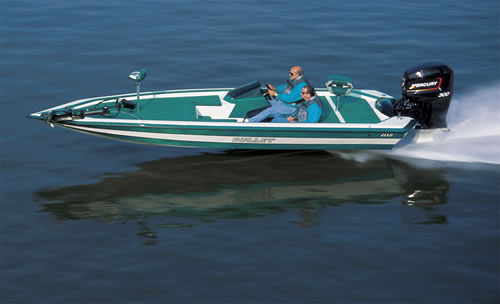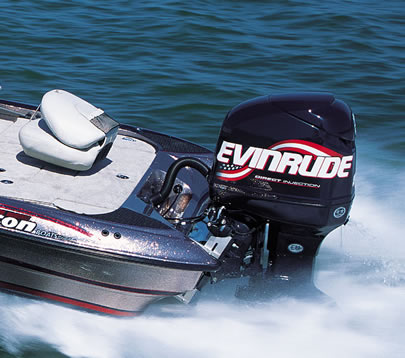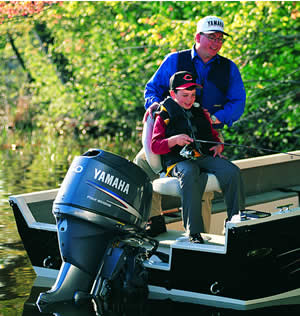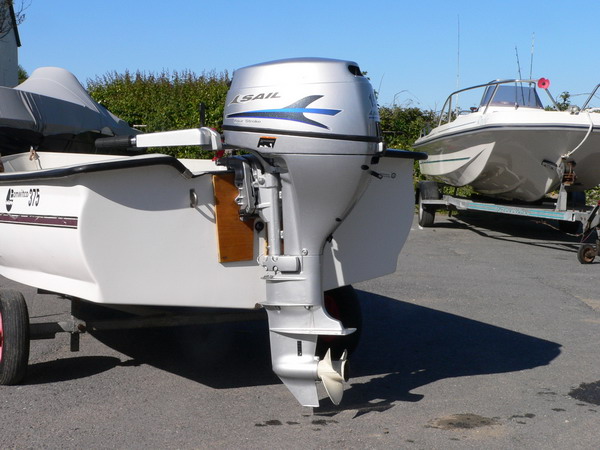Additives Explained
 Boat owners who regularly use small crafts might wonder why 2-stroke oil additives matter so much. In truth, the additives found in a fuel-oil mix are just as important as the quality of the oil itself. The chief goal of any outboard motor oil is to lubricate the engine and keep it running smoothly. That would not be possible without additives such as ashless detergents.
Boat owners who regularly use small crafts might wonder why 2-stroke oil additives matter so much. In truth, the additives found in a fuel-oil mix are just as important as the quality of the oil itself. The chief goal of any outboard motor oil is to lubricate the engine and keep it running smoothly. That would not be possible without additives such as ashless detergents.
Carbon buildup is a natural byproduct of a 2-stroke engine’s combustion process. This residue – usually lacquer or varnish – needs to be cleared away so that it doesn’t completely gum up the works. Ashless detergents are made from organic compounds, whereas many fuel additives in the past were rendered from heavy metals. As such, newer 2-cycle oil additives leave no trace of ash when burned. Marine engine oil featuring these detergents is usually characterized by a distinctive ammonia odor.
All this talk about combustion and engine buildup might suggest a few environmental hazards; however, the Environmental Protection Agency has taken actions to ensure that 2-stroke marine oil conforms to rigid environmental standards. For instance, outboard motor oil contains biodegrading agents that allow microorganisms to cleanse the water of hazardous materials. Although these agents have little positive effect on an engine’s performance, they add to a boater’s peace of mind.





 Even the most resilient outboard engines can be affected by weather conditions, and if not prepared, these weather conditions can cause the outboard to fail. For example, with two stroke outboard engines, cold weather can cause the spark plugs to foul. This situation would be caused by an improper gasoline to oil mixture, or using an inferior brand of outboard oil. While it’s hard to go wrong with oil that is TC-W3 certified, not all oils are created equal. The additives in certain brands of
Even the most resilient outboard engines can be affected by weather conditions, and if not prepared, these weather conditions can cause the outboard to fail. For example, with two stroke outboard engines, cold weather can cause the spark plugs to foul. This situation would be caused by an improper gasoline to oil mixture, or using an inferior brand of outboard oil. While it’s hard to go wrong with oil that is TC-W3 certified, not all oils are created equal. The additives in certain brands of 


